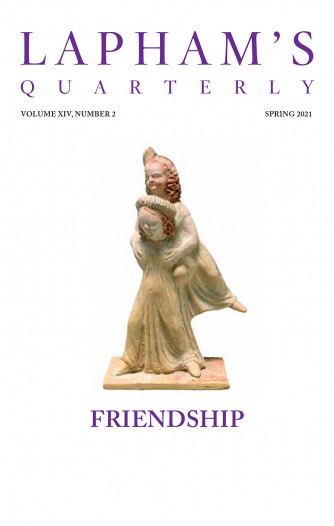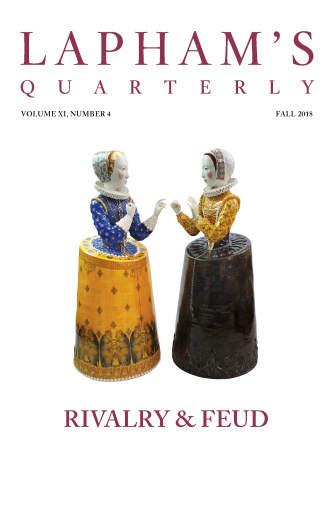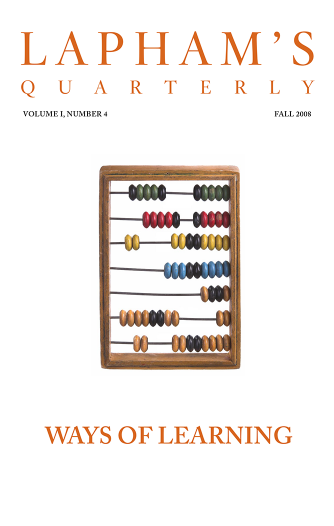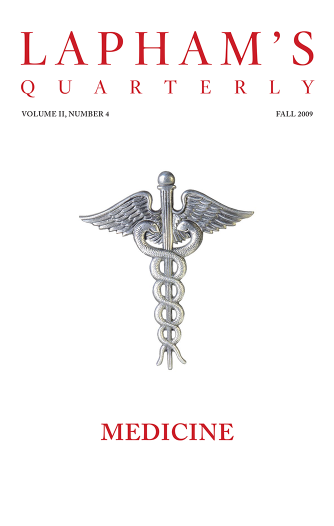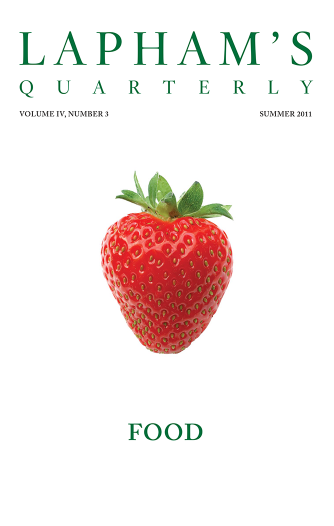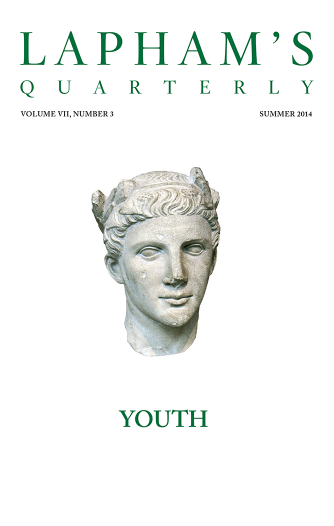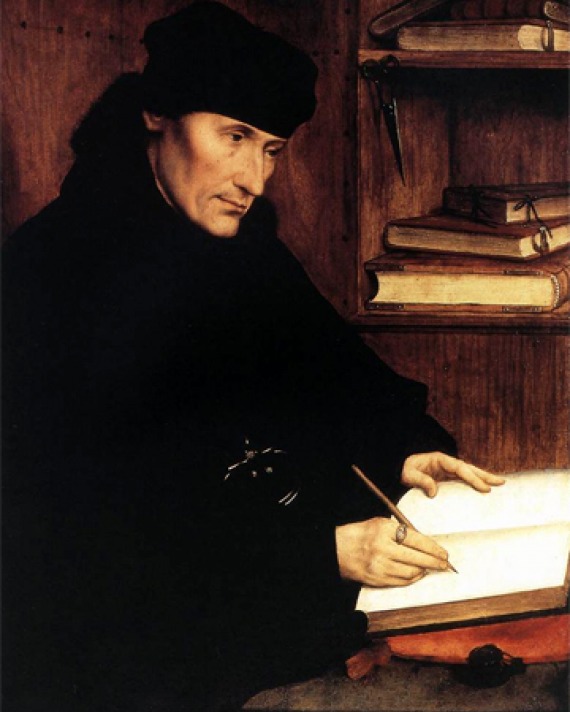
Erasmus
(1466 - 1536)
Erasmus conceived of his best-known work, The Praise of Folly, while crossing the Alps from Italy to England, and composed it at the home of Thomas More. Erasmus’ dual-language, Greek/Latin edition of the New Testament was a primary source for William Tyndale’s 1525 translation of the texts, the first in English.
